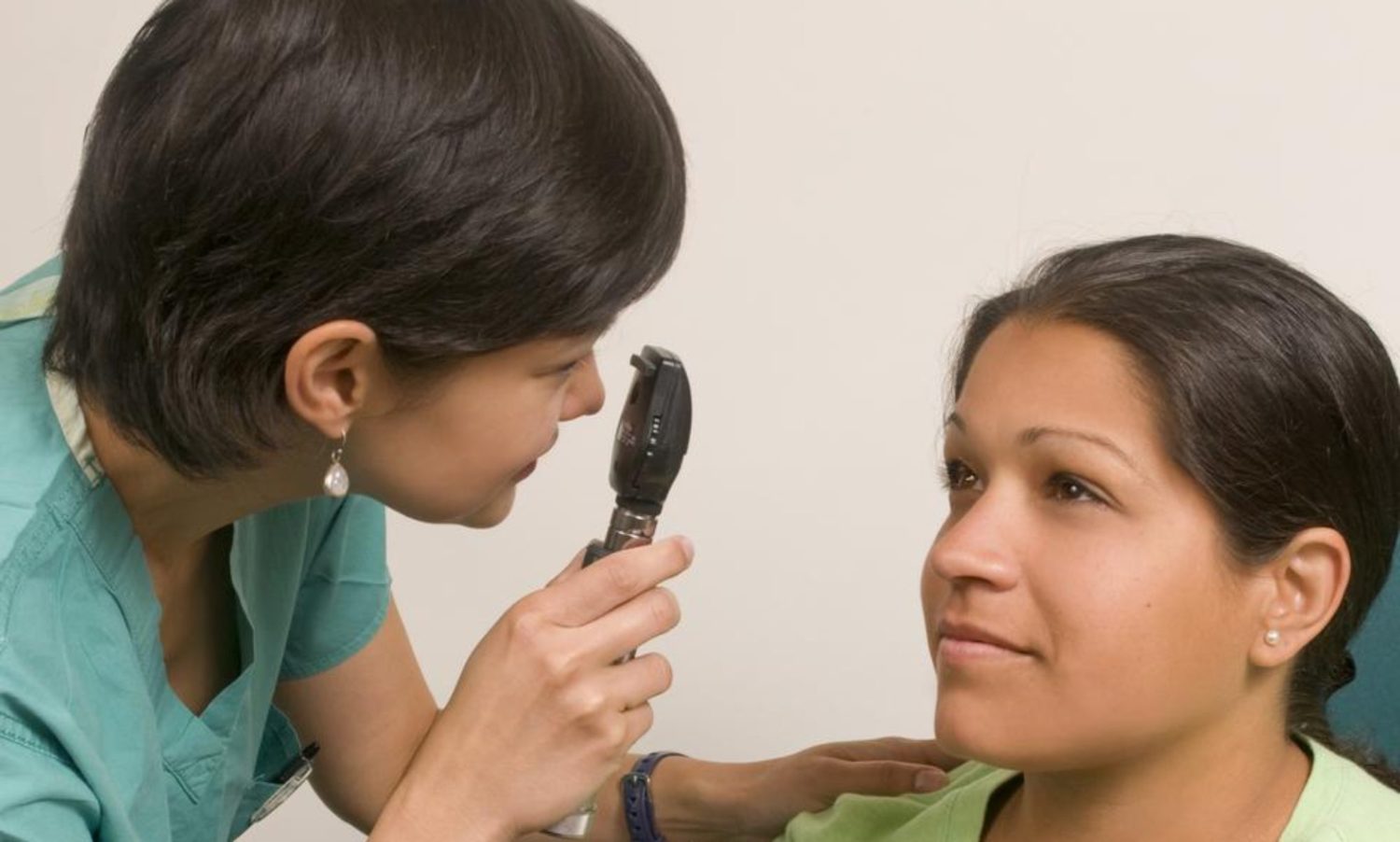Below is another example secondary response from the George Washington University School of Medicine and Health Sciences.
Please provide the Admissions Committee with a brief summary of your activities, academics, employment or other occupations to account for full-time activity (approx. 30-40 hours/week) from the point of application through matriculation in 2021. (750 characters)
Currently, I am volunteering at Cigna Regional Health Center. As a volunteer, I take patients’ vitals, heights, and weights in the pediatric department. I also take the temperatures of all incoming patients in the clinic and help them fill out paperwork related to COVID-19 exposure.
I am also currently shadowing Dr. Zapato, a pediatrician. Other doctors I wanted to shadow expressed concerns about the safety of their patients due to the pandemic, so I ended up shadowing these physicians virtually. To date, I have e-shadowed Dr. Daniel Johnson, a family medicine physician, Dr. Justin Mahone, a geriatrician, Dr. Michelle Yurba, a dermatopathologist, and Dr. Michael Anderson, a plastic and reconstructive surgeon.
I am also taking a course called Scribe 2, which is preparing me to become a medical scribe.
The MD Program includes substantial content in Clinical Public Health (population health, health systems science, health policy, and community health) to prepare GW graduates for an expanded scope of practice required to be successful 21st century physicians. What are your specific interests and experiences related to that aspect of the MD Program? (350 characters)
I grew up in a rural village in Nepal. We have many cultural traditions that are different from those in America, and some (like Chhaupadi) negatively impact the mental health and physical well-being of our community. I’ve seen firsthand how human behavior can hurt the health of a group of people, and want to address similar issues in the future.
What makes you a unique individual? What challenges have you faced? How will these factors help you contribute to the diversity of the student body at GW? (1000 characters)
I grew up in Nepal, one of the least developed countries in the world. The closest hospital was a 6-hour walk away, and our school only offered education up to the 8th-grade level.
The lack of healthcare was apparent. So many women in my village were forced to endure the emotional toll of losing their baby during childbirth. Other women passed away due to poor postpartum care. Growing up, I watched friends die from preventable diseases like the stomach flu.
We followed cultural traditions (like Chhaupadi) which forced women out of society and into huts following their periods and childbirth. This left them susceptible to hypothermia, rape, animal attacks, and without care.
My experience growing up shaped me into a determined, compassionate, and empathetic person with a distinct perspective. I know what it’s like to grow up without access to care many take for granted, and I’m passionate about helping address similar issues which affect underserved communities.
What is your specific interest in the MD Program at GW? What opportunities would you take advantage of as a student here? Why? (2000 characters)
Growing up in poverty without access to healthcare taught me the importance of selfless service and education. It opened my eyes to others’ suffering and motivated me to help other people. My goal of helping medically underserved populations aligns with the mission of George Washington’s medical college.
Through my pre-health advisor, I learned about GW’s International Medicine and Haiti programs. GW’s commitment to providing diverse experiences to its students and medical relief to underserved countries around the world really impresses me.
I know firsthand how these international programs can impact and save lives. Growing up in a rural village in India, I witnessed many friends die from the stomach flu. We thought these tragedies were inevitable until an international physician educated us about how the stomach flu was treatable and preventable. Had these physicians never helped us, we would have lost many more in our community.
It would be an honor to attend George Washington Medical College, participate in these programs, and help underserved communities around the world. I am confident that I would not only thrive but also contribute to the diversity of George Washington’s class of 2021.
